Greenland moves to ban foreign funding amid Trump’s annexation threats
- Update Time : Wednesday, February 5, 2025
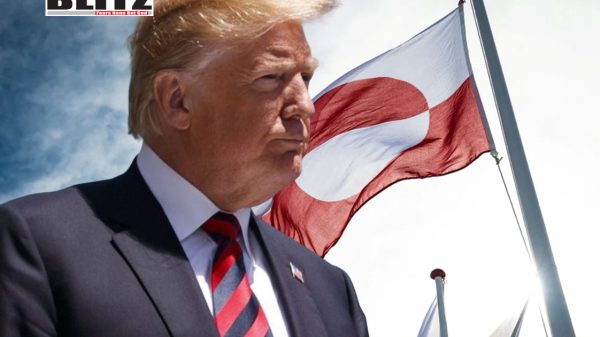
As Greenland prepares for its general election in April, the autonomous Danish territory is taking steps to safeguard its political integrity by introducing a bill that would ban foreign political donations. The proposed legislation, published by the Greenlandic government on February 3, aims to prevent external interference in the island’s political affairs, particularly in light of US President Donald Trump’s continued interest in annexing Greenland.
The new bill, introduced by the Greenlandic parliament, seeks to tighten the rules on political donations by prohibiting anonymous and foreign contributions. Additionally, it would impose caps on private donations, limiting political parties and their affiliated organizations from receiving more than 200,000 Danish krone ($27,700) in total contributions and no more than 20,000 Danish krone ($2,770) from a single donor.
The government in Nuuk has indicated that an urgent parliamentary vote will take place on February 4, according to Greenlandic news outlet Sermitsiaq. Officials supporting the bill argue that it is a necessary step to protect Greenland’s sovereignty and ensure that its democratic processes remain free from undue external influence.
The bill’s supporting documents explicitly reference concerns about “geopolitical interests in Greenland and the current situation, where representatives of an allied superpower have expressed an interest in taking over and controlling Greenland.” This is a clear reference to Trump’s renewed rhetoric about annexing the island, a proposal that has been met with strong opposition from Greenlandic and Danish officials alike.
Trump first sparked controversy in 2019 when he publicly expressed interest in purchasing Greenland, a move that was met with outright rejection from both the Greenlandic and Danish governments. At the time, Danish Prime Minister Mette Frederiksen called the idea “absurd,” prompting Trump to cancel a planned visit to Denmark in response.
Despite this initial setback, Trump has continued to raise the prospect of acquiring Greenland, citing its strategic importance due to its vast natural resources and geopolitical positioning in the Arctic. Early last month, Trump alarmed European officials when he refused to rule out the use of military force to achieve this objective.
According to a January 2025 report by the Financial Times, Trump’s phone conversation with Frederiksen left Danish officials “utterly freaked out.” Sources described the exchange as a “cold shower” for European leaders, who had previously assumed Trump’s rhetoric was merely a negotiating tactic to gain influence in the Arctic region amid increasing competition with Russia and China.
Greenland, an island of approximately 60,000 people, has been an autonomous territory within the Kingdom of Denmark since 1979. The island has its own government and parliament but still relies on Copenhagen for foreign policy and defense. However, the question of full independence has remained a central political issue for Greenlanders, with pro-independence parties such as the left-wing Inuit Ataqatigiit (IA), led by Prime Minister Mute Egede, advocating for eventual secession from Denmark.
Egede has been a vocal opponent of Trump’s proposal, asserting that Greenland’s future should be decided by its people rather than foreign powers. “We do not wish to be a pawn in geopolitical games between superpowers,” Egede said in a recent statement, emphasizing that Greenlanders see themselves as neither Danish nor American.
Although Greenlanders have significant autonomy, Denmark still provides annual subsidies that account for nearly half of the island’s economy. This financial dependency has complicated the push for full independence, as breaking away from Denmark would require substantial economic restructuring and new revenue sources.
Greenland’s immense natural resources and strategic location have made it a focal point of international interest. The island holds vast deposits of rare earth minerals, which are crucial for manufacturing high-tech products, including military equipment, smartphones, and renewable energy technologies. Additionally, as climate change accelerates Arctic ice melt, new shipping routes and untapped natural resources are becoming increasingly accessible, further intensifying global competition over the region.
The United States already has a military presence in Greenland, with Thule Air Base serving as a key installation for missile defense and Arctic surveillance. Given these factors, Trump’s interest in acquiring Greenland is not merely symbolic but tied to broader strategic calculations regarding U.S. dominance in the Arctic.
Denmark has firmly opposed any suggestion that Greenland could be sold or annexed, reaffirming its commitment to the island’s self-governance. Danish officials have also expressed concerns that Trump’s aggressive rhetoric could destabilize the region and strain NATO alliances.
While Denmark is a founding NATO member and a close US ally, Trump’s approach has caused friction within the alliance. European leaders are wary of Washington’s shifting Arctic policies, particularly as Russia and China expand their influence in the region. Trump’s renewed focus on Greenland is viewed as part of a broader effort to counter these geopolitical rivals, but his methods have alarmed European allies who favor diplomatic cooperation over unilateral assertions of power.
Greenland’s proposed ban on foreign political funding is a direct response to increasing global interest in the island’s future. By strengthening regulations on political donations, Greenlandic leaders aim to prevent external powers from exerting undue influence on its democratic processes. While Trump’s annexation ambitions have been dismissed by local and Danish leaders, the island remains a crucial geopolitical battleground, and safeguarding its political autonomy is paramount.
As the April elections approach, Greenlandic lawmakers are moving swiftly to reinforce their commitment to self-determination. Whether or not the bill is passed, it signals a firm rejection of external meddling and a reaffirmation of Greenland’s resolve to chart its own course in the face of growing international pressure.
Ultimately, the world will be watching how Greenland navigates its evolving political landscape and whether it can maintain its sovereignty against the backdrop of intensifying global competition for the Arctic’s resources and strategic advantage.


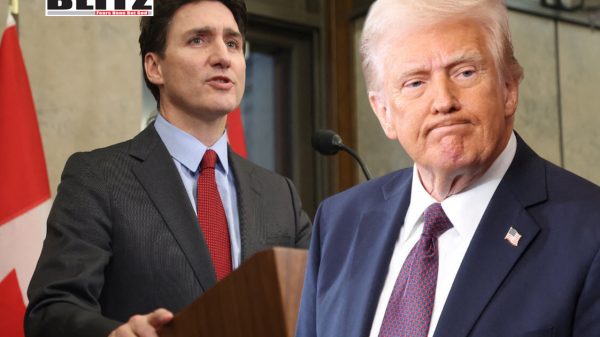
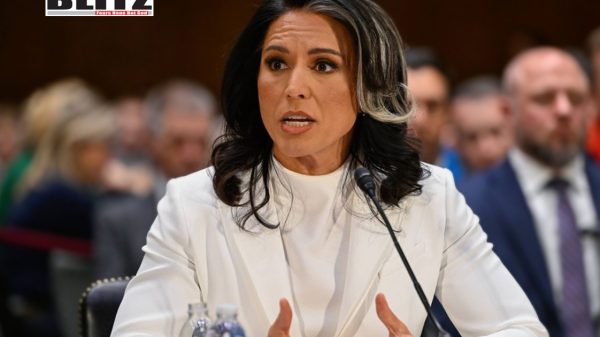
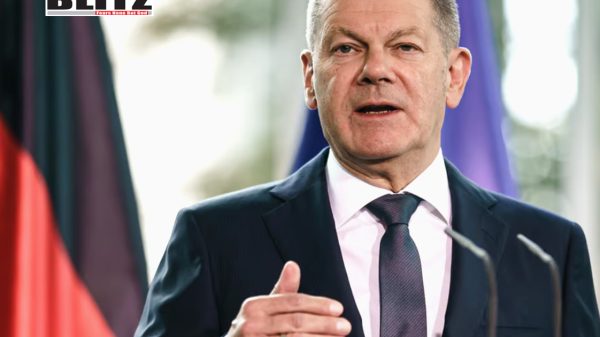
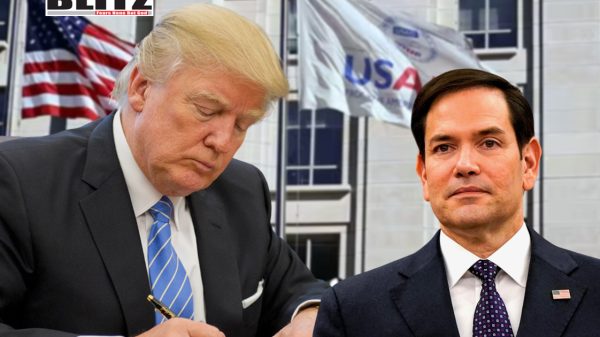


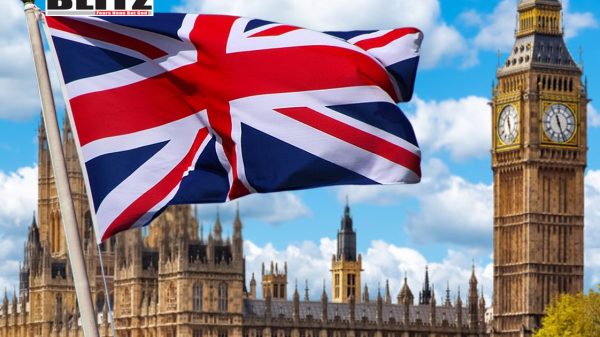

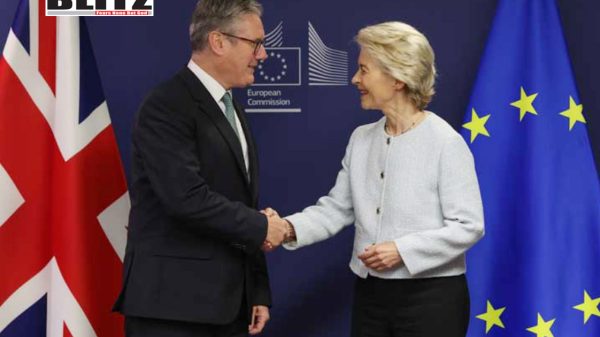

Leave a Reply